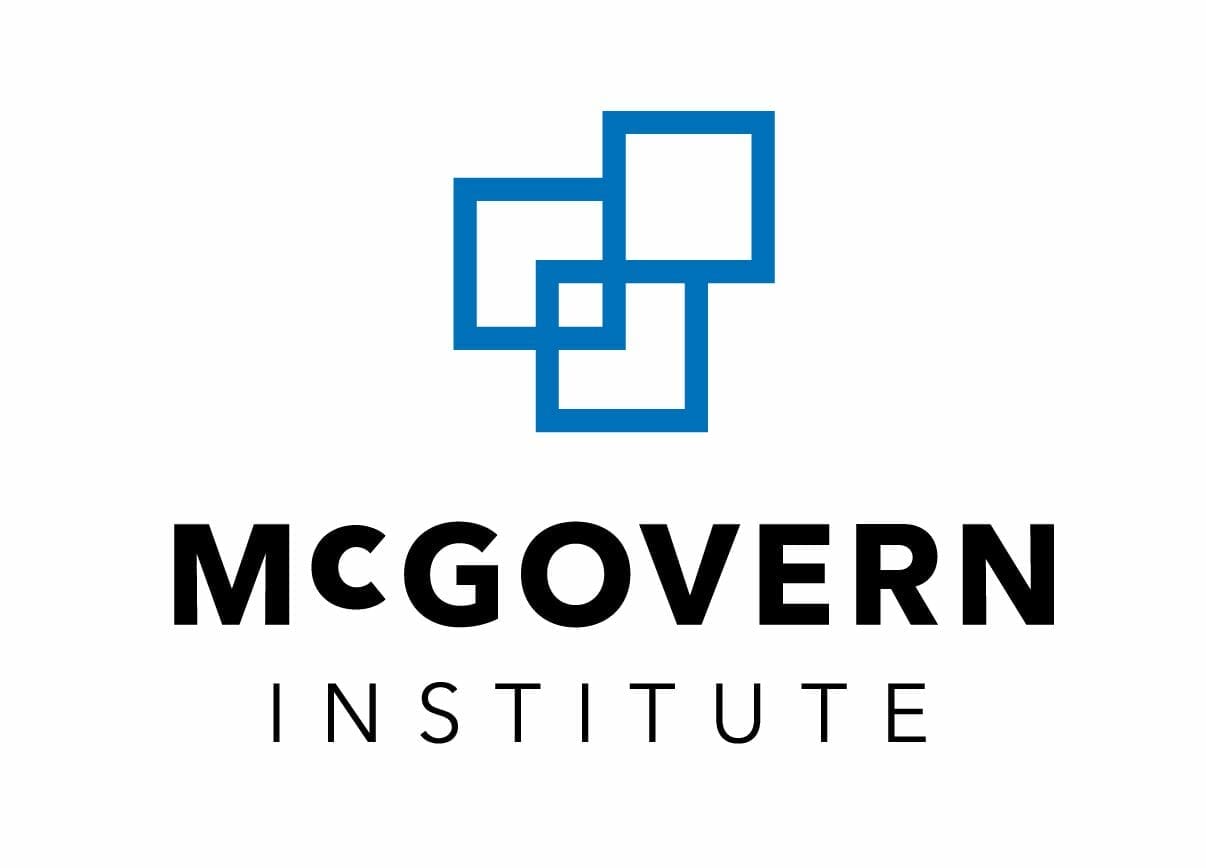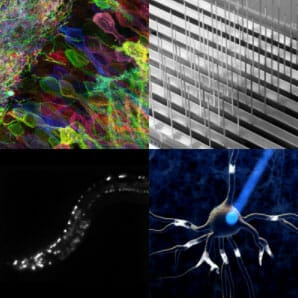Videos
Learn More About Ed Boyden
Whether you are a scientist or a CEO, solving seemingly intractable problems is an essential part of innovation and leadership. But in a world where problems are becoming more complex, how do we rethink the process of developing solutions? Ed Boyden, MIT professor and neuroengineer, was faced with a problem for which there was no precedent: that of unlocking the secrets of the human brain. To find a solution, Boyden led a team that discovered a way to enlarge microscopic parts of the brain so they could be viewed and analyzed, potentially revolutionizing fields beyond his own. A brilliant speaker, Boyden now advises leaders and teams in every industry on generating groundbreaking innovation through collaboration across fields, often creating incredible, and unexpected, results.
Adept at communicating the methods he uses as a scientist to a business audience, Boyden’s presentations focus on his winning approach to innovation. A solutions-driven scientist and entrepreneur, Boyden is co-founder of Cognito Therapeutics, which designs visual and auditory stimuli that could treat Alzheimer’s patients. In August 2021, the company announced a significant breakthrough which showed that the gamma frequency neuro-modulation methods it developed significantly reduced brain atrophy in Alzheimer’s patients.
Boyden offers a practical framework and valuable lessons to business leaders about how to systematically tackle big problems from different angles. He draws from his own experiences, such as his group’s invention of expansion microscopy as well as the reverse process of shrinking objects to the nanoscale. The development of these innovations entail (A) a willingness to rethink and break with established practices, (B) an ability to work across different fields and disciplines to advance a common goal and (C) an openness to systematically thinking of every way to solve a problem. Boyden’s advances in science are a blueprint for transformative innovation in any field.
Beyond his lessons on innovating where there are few precedents, Boyden is helping the medical profession realize the goal of eradicating the most devastating and heartbreaking brain illnesses. The days of living with such tragic disorders as Alzheimer’s, Parkinson’s disease and epilepsy are hopefully soon to be numbered. His acclaimed TED Talks offer evidence: “A New Way to Study the Brain’s Invisible Secrets” reveals Boyden’s innovative methods for mapping the wiring of the brain, and “A Light Switch for Neurons” shows how to control the brain to discover new targets for treating brain diseases. But it is a testament to Boyden’s ambition that he sees such breakthroughs as only initial goals. In the longer term, Boyden believes by understanding the brain, we can create artificial intelligence (AI) that mimics human ingenuity, ethics and emotion. He’s also hopeful that such knowledge will lead to fully understanding the roots of our own thoughts and feelings – in short, what it means to be human.
The Y. Eva Tan Professor in Neurotechnology, Boyden founded MIT’s Synthetic Neurobiology Group, which develops tools for analyzing and repairing complex biological systems such as the brain, and applies the tools methodically to reveal how the systems function and how to repair them. These new tools, some of which Boyden reveals in his TED Talks, are starting to be used to map, analyze and control brain circuits, and in turn to transform the future of brain health. Boyden has contributed to more than 200 peer-reviewed papers and 150 granted patents. Highly honored by his colleagues and by many of the world’s leading scientific bodies, he is the recipient of many of the most important science awards in the world. These include the Breakthrough Prize in Life Science (2016) and the Canada Gairdner International Award (2018). He is also an elected member of the National Academy of Sciences (2019).
Ed Boyden is available to advise your organization via virtual and in-person consulting meetings, interactive workshops and customized keynotes through the exclusive representation of Stern Speakers & Advisors, a division of Stern Strategy Group®.
Engineering Serendipity: Pioneering Innovation Where There Are No Rules
Wrestling with incredibly complex problems is par for the course in most industries – from finance to health care, education to strategic management. But it is equally common for firms to approach innovation blindly, developing products and services without a roadmap or guide on how to do so. Ed Boyden is a scientific prodigy who pursued his life’s work in a field where breakthroughs are rare and much of the discipline remains a mystery: neuroscience. Yet, he’s succeeding. He built and led a team to develop radical new techniques for mapping and analyzing the brain, potentially ushering in a new era of medical advancement in treating incurable diseases like Alzheimer’s and depression. His team’s development of ways to expand microscopic objects – and subsequently to shrink objects – can have an impact in fields outside his own, potentially revolutionizing our ability to treat diseases like cancer or better understand the origins of human emotions. Often, the solutions were derived from connecting the dots between fields that don’t typically communicate or were figured out by systematic critical thinking methods. In a culture that is knowledge-rich and wisdom-poor, Boyden teaches methods of creativity and imagination that lead to innovative breakthroughs. The techniques learned by trial and error are applicable to every industry, says Boyden – not just science and medicine. In this bold, thought-provoking presentation, he reveals a set of rules for pioneering solutions where there are few rules or precedents to follow.
Mending the Mind: Ground-Breaking Technology That May Cure Brain Diseases
More than one billion people worldwide suffer from brain diseases like Alzheimer’s, depression, schizophrenia and stroke, often robbing them of their identity and changing how they interact with loved ones. But Ed Boyden believes there is reason to be optimistic about solving such global epidemics. By enlarging parts of the brain through expansion microscopy and controlling their dynamics through optogenetics, Boyden and his team at MIT have analyzed previously unseen details of the organ and prototyped new repair strategies. This work could trigger some of the most important breakthroughs in the history of medical science, extending beyond treating disease to reaching a greater philosophical understanding of how the human mind works, and potentially unlocking unknown mental capabilities that lie buried in our labyrinths of grey matter. In this presentation, Boyden explains how these technologies work, how far he is in the process of realizing his goals and the full impact that such achievements would have for humanity.
MIT team uses LEDs to attack Alzheimer’s
December 17, 2016
How To Think, According To This Winner Of The Brain Prize
September 13, 2016
Top Brain Scientist is ‘Philosopher at Heart’
April 3, 2013




































